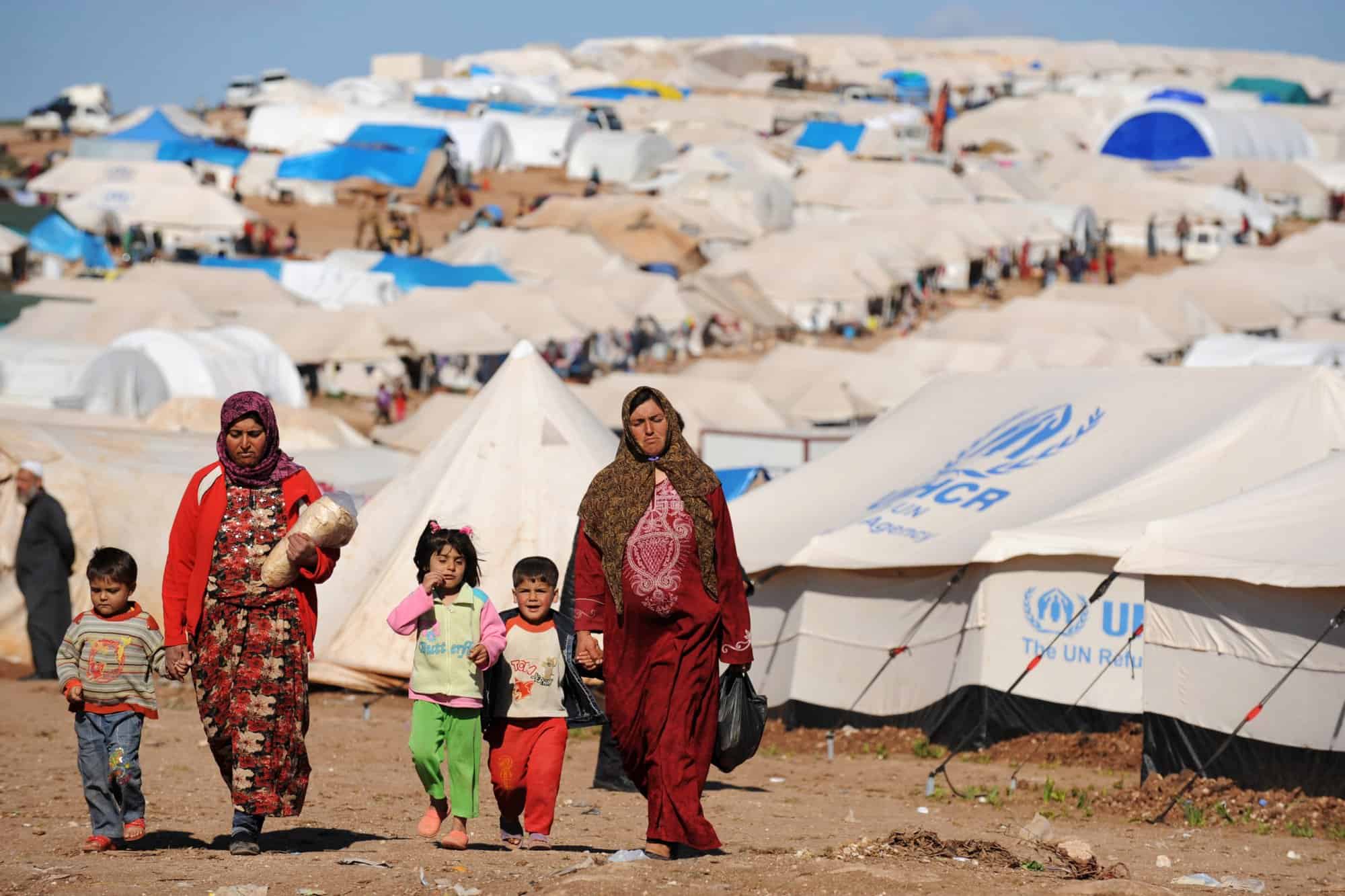-
On the 70th anniversary of the 1951 Refugee Convention, UNHCR has urged bigger economies against passing the refugee burden down to smaller countries
-
Developed countries are host to only 15 percent of the world’s refugees
The United Nations High Commissioner for Refugees has urged countries across the world not to “externalize their asylum and protection obligations.” This is a routine practice where countries send asylum seekers to neighboring nations for “processing.”
The UN refugee agency has in fact in a statement said that 26 million refugees, — around 85 percent of all refugees in the world — “are generously hosted in neighboring and developing regions, often for many years when protracted conflicts prevent returns.”
UNHCR’s Assistant High Commissioner for Protection, Gillian Triggs, was quoted by the agency as saying in a statement about such situations: “The evidence is that externalization arrangements do not deter desperate refugees from taking perilous journeys to seek safety. Rather, they will magnify risks, prompt resort to alternative routes, and exacerbate pressures on frontline states.”
The agency decried the fact that the developed countries, who should be shouldering more of the world’s refugee burden, are actually passing it on to smaller and economically weaker countries.
It said in the statement: “UNHCR recognizes the challenges posed by forced displacement. But developed countries are host to only 15 percent of the world’s refugees and are well resourced to manage claims for asylum in a humane manner. Concerted international action and global solidarity are also crucial to resolve the violence and crises that force people to flee. Unilateral responses are unhelpful and ineffective.”
The May 19 statement came on the 70th anniversary of the 1951 Refugee Convention, which then led to the 1967 protocol of non-refoulement. UNHCR describes it as “an international principle that prevents states from expelling or returning people to a territory where their life or freedom would be threatened.”
The agency’s statement explained about externalization of refugees: “Externalization attempts typically involve the forced transfers of asylum seekers to third, often developing, nations where human rights safeguards and resources may not be adequate. This may lead to their indefinite ‘warehousing’ in isolated places or in punitive conditions, at great harm to their physical and mental health.”
Triggs herself weas quoted as saying: “I am dismayed by the argument that it is more cost effective to send and host asylum seekers in countries of the global south. I find this morally reprehensible – we must not put price tags on human lives. Refugees are not commodities that can be traded by wealthier nations. To do so is dehumanizing, exploitative and dangerous.”
She added: “Externalization exploits both the vulnerabilities of overstretched, developing nations and those of refugees.”








